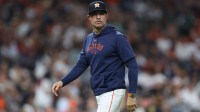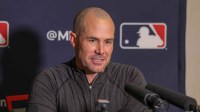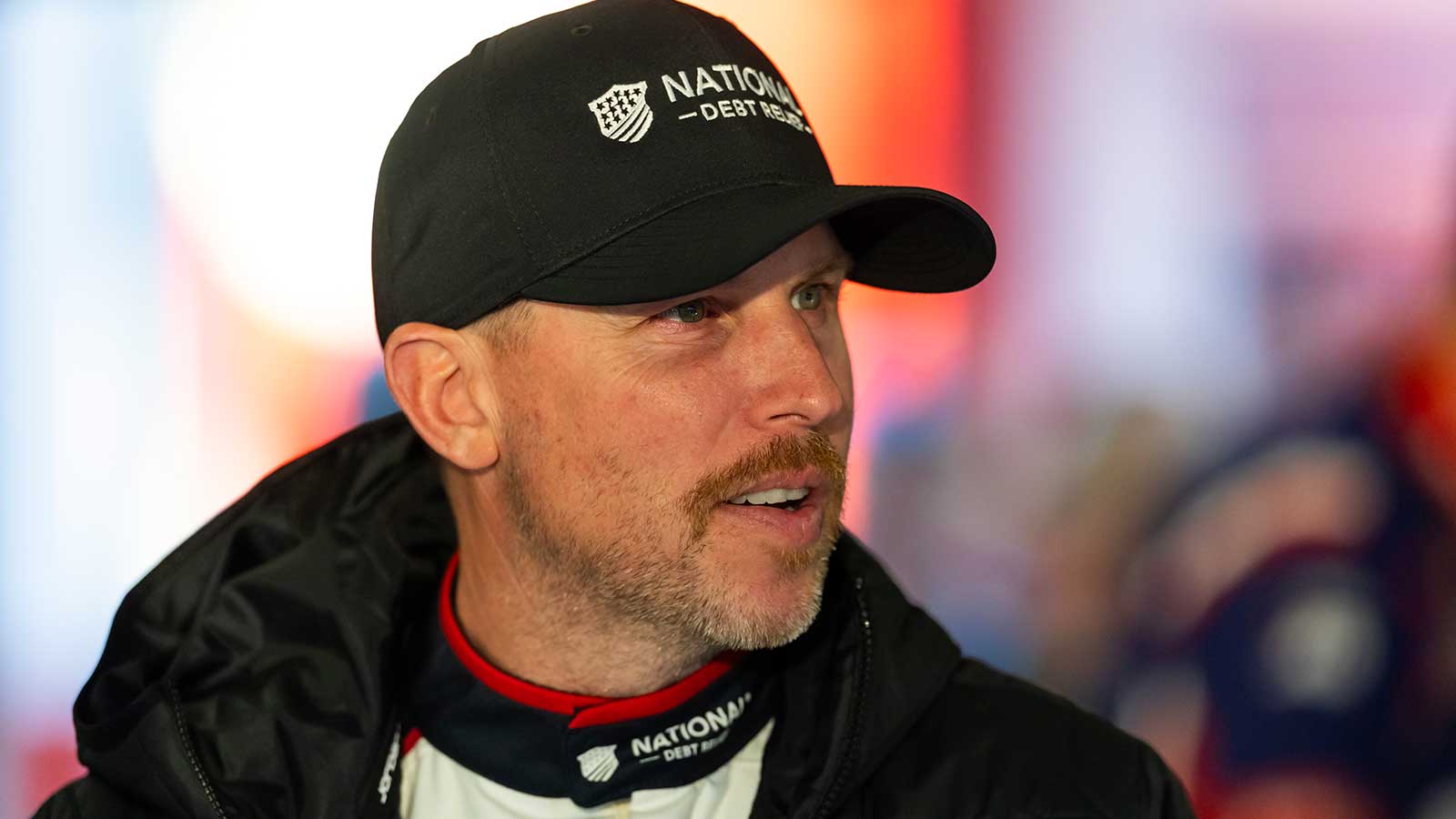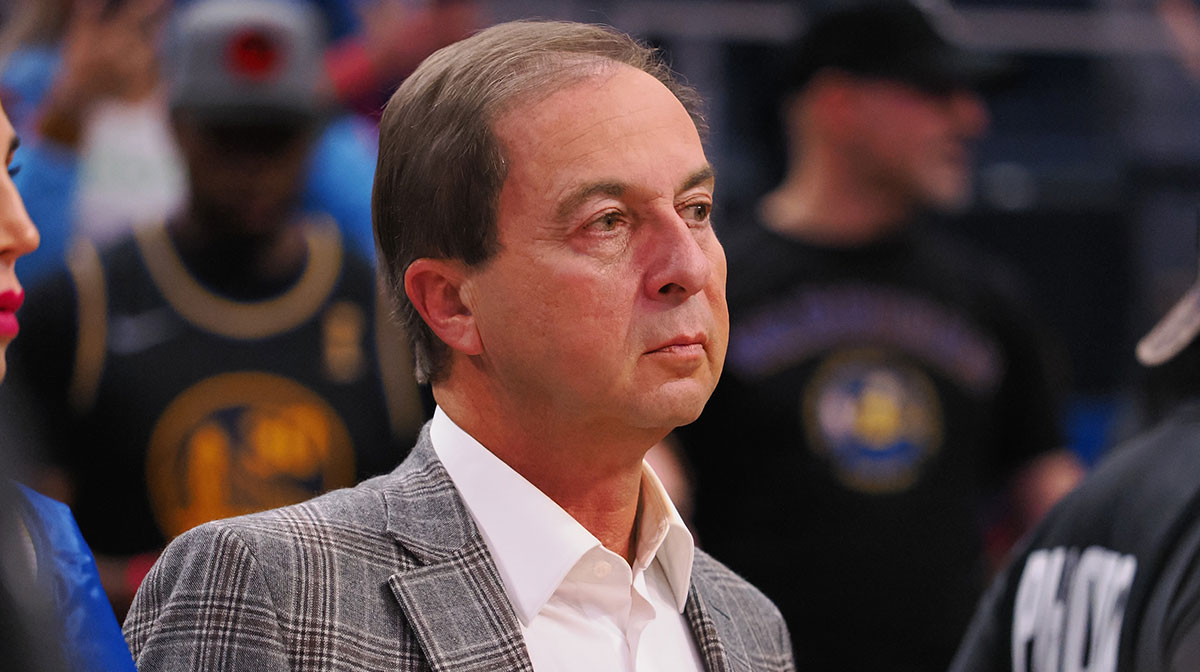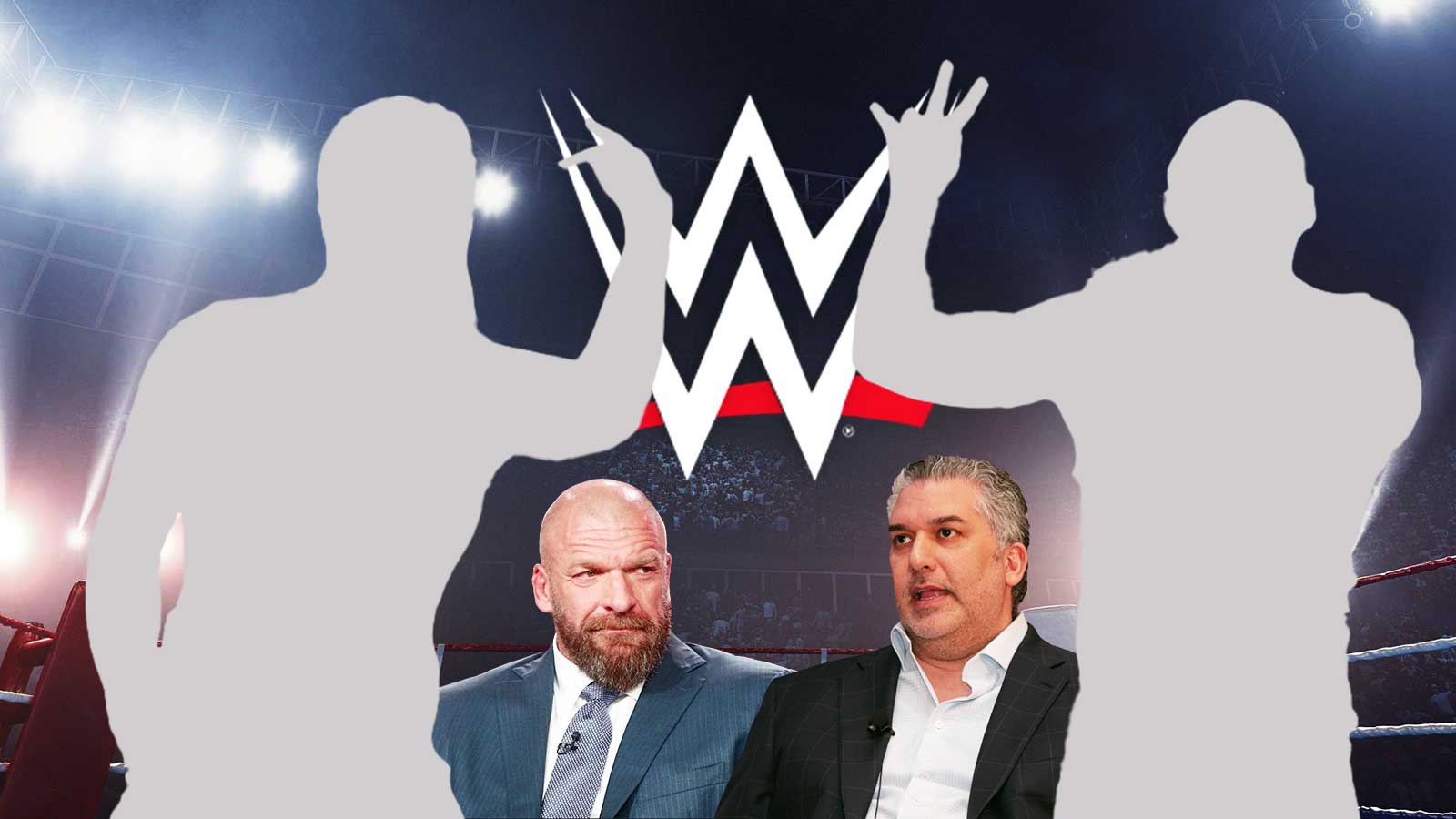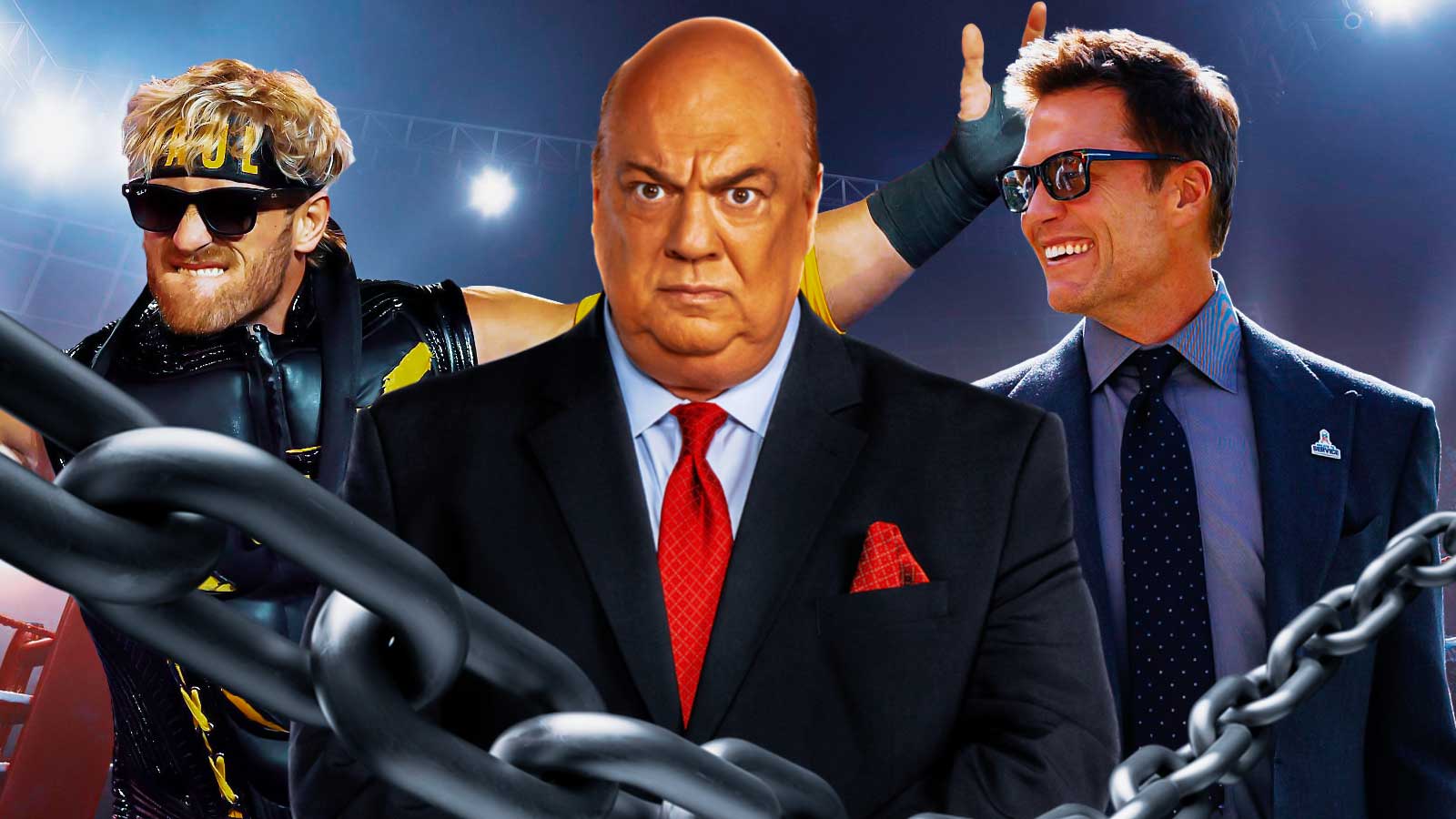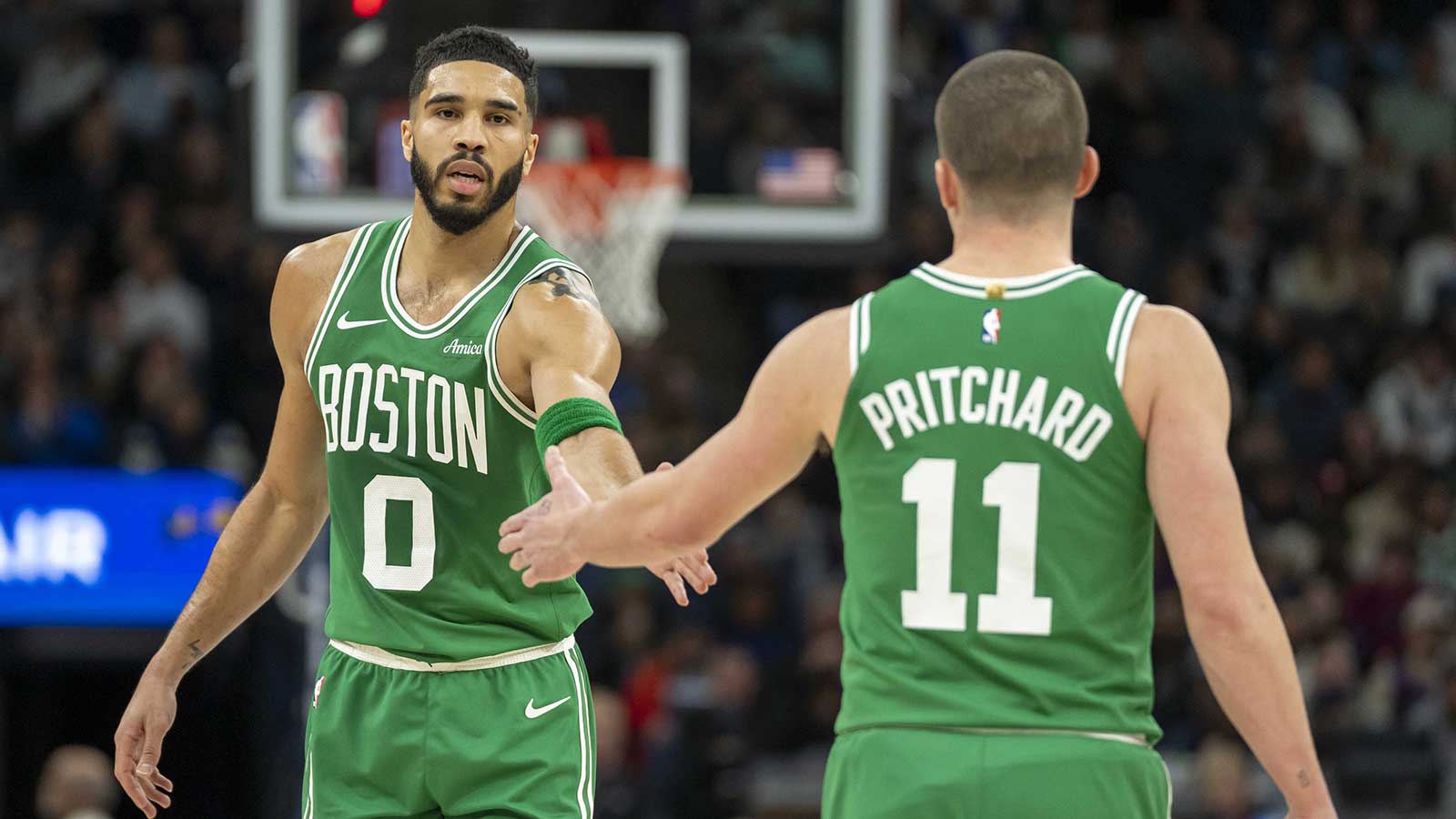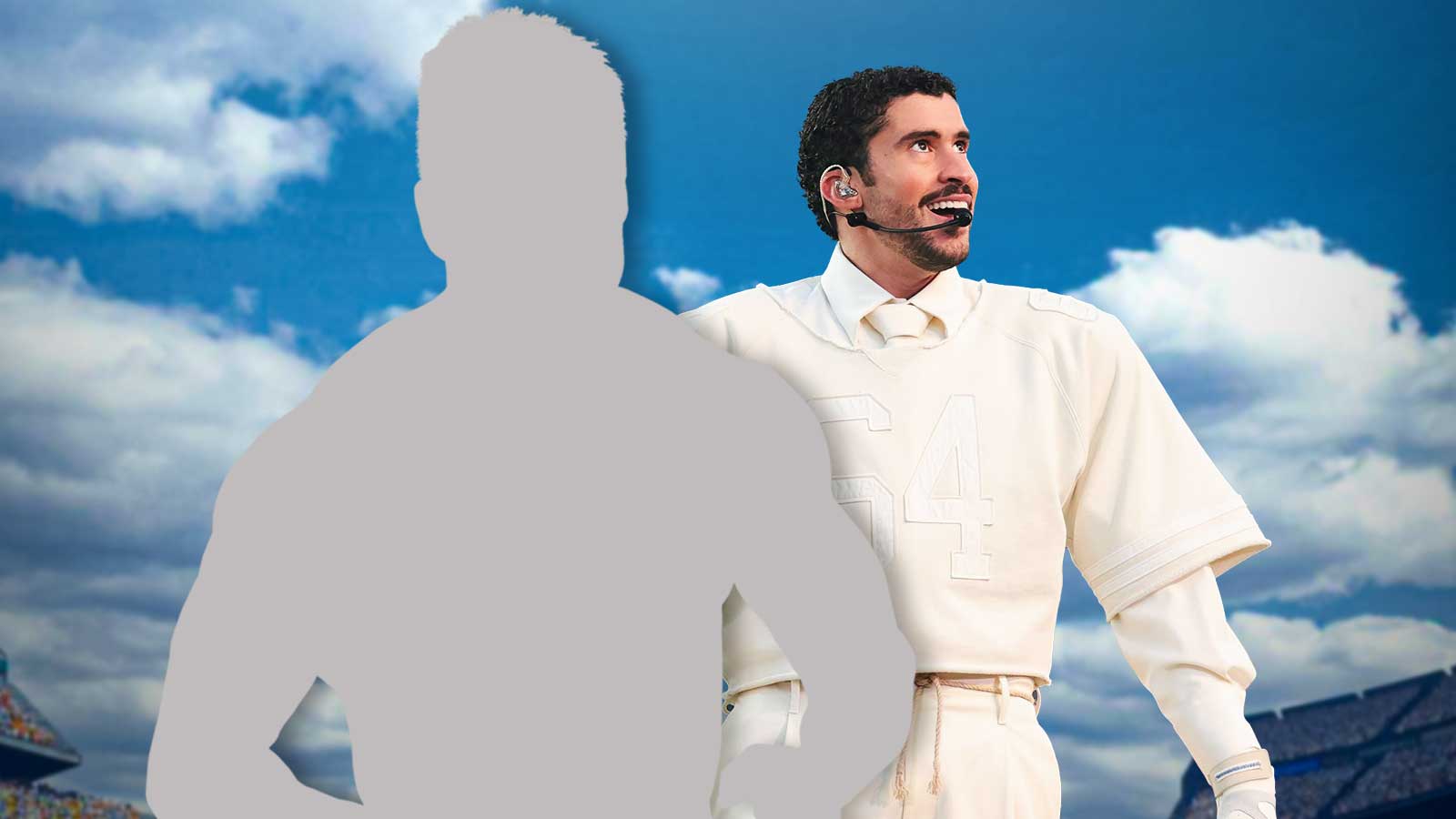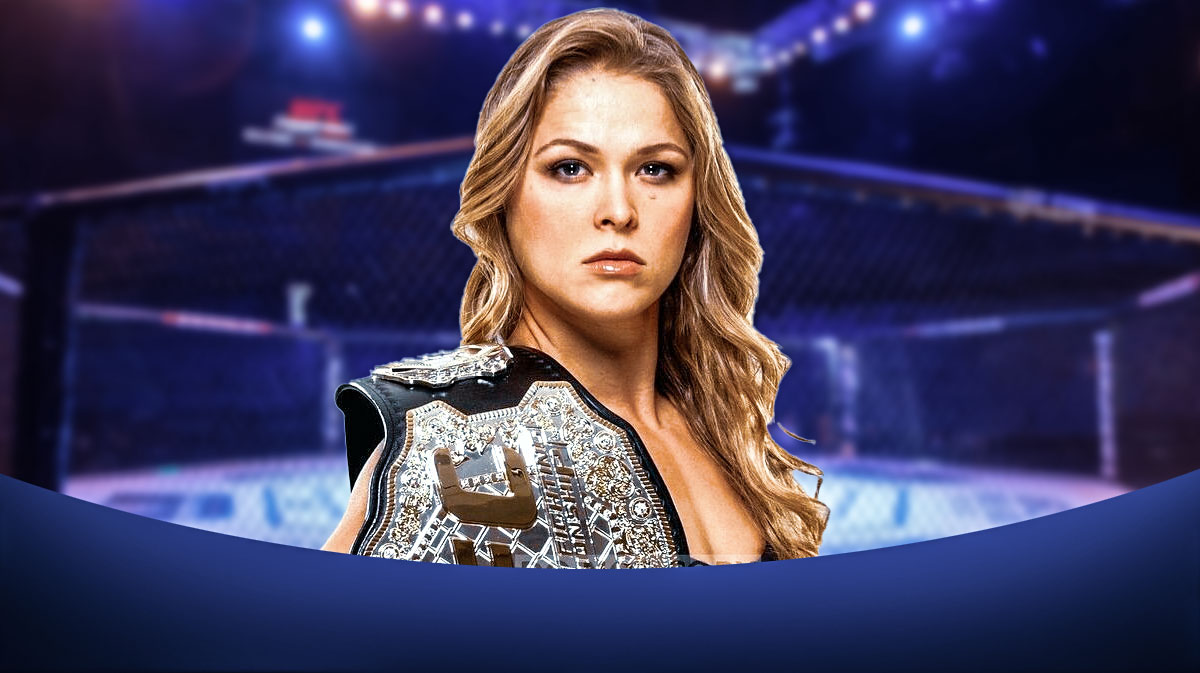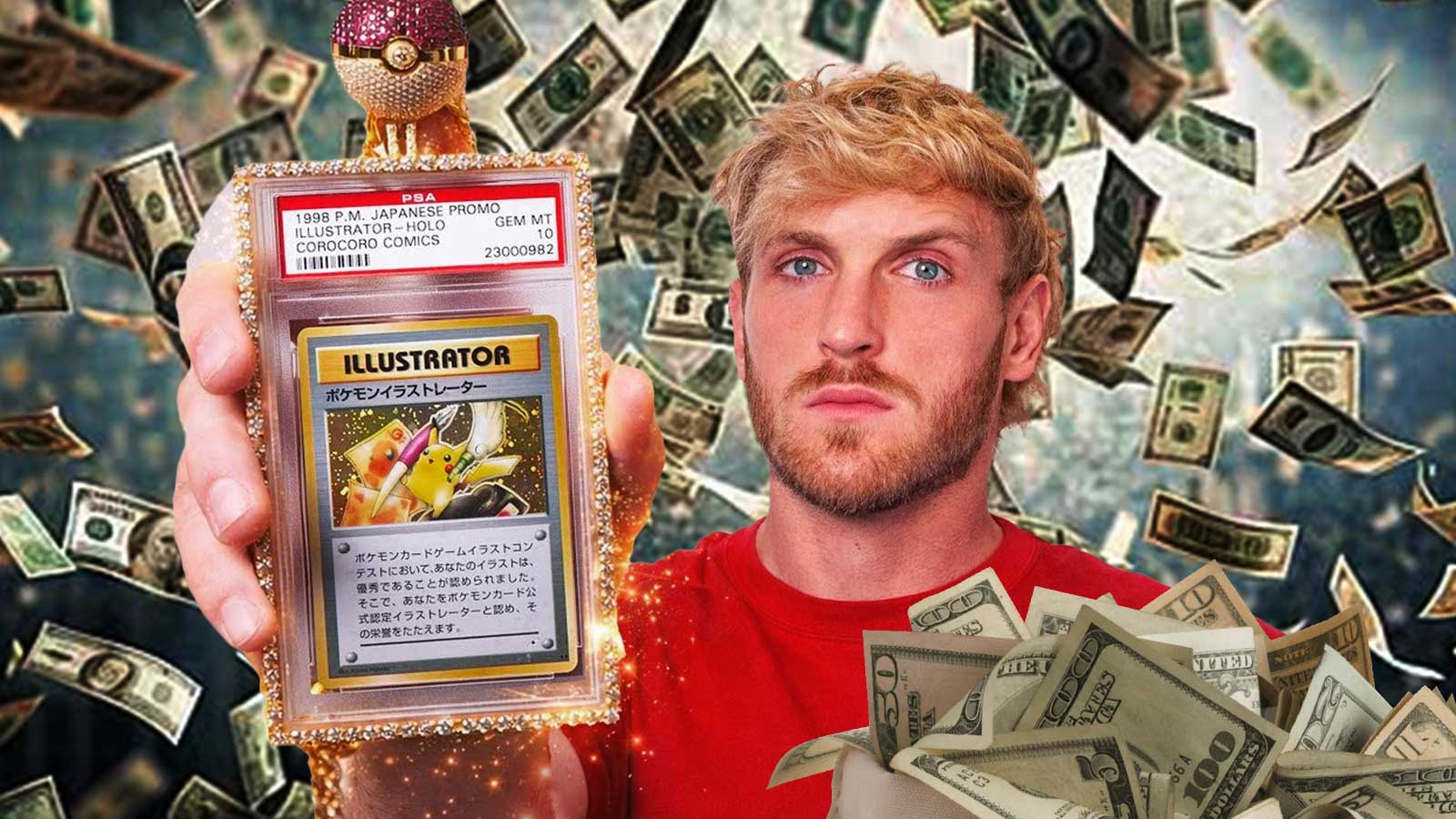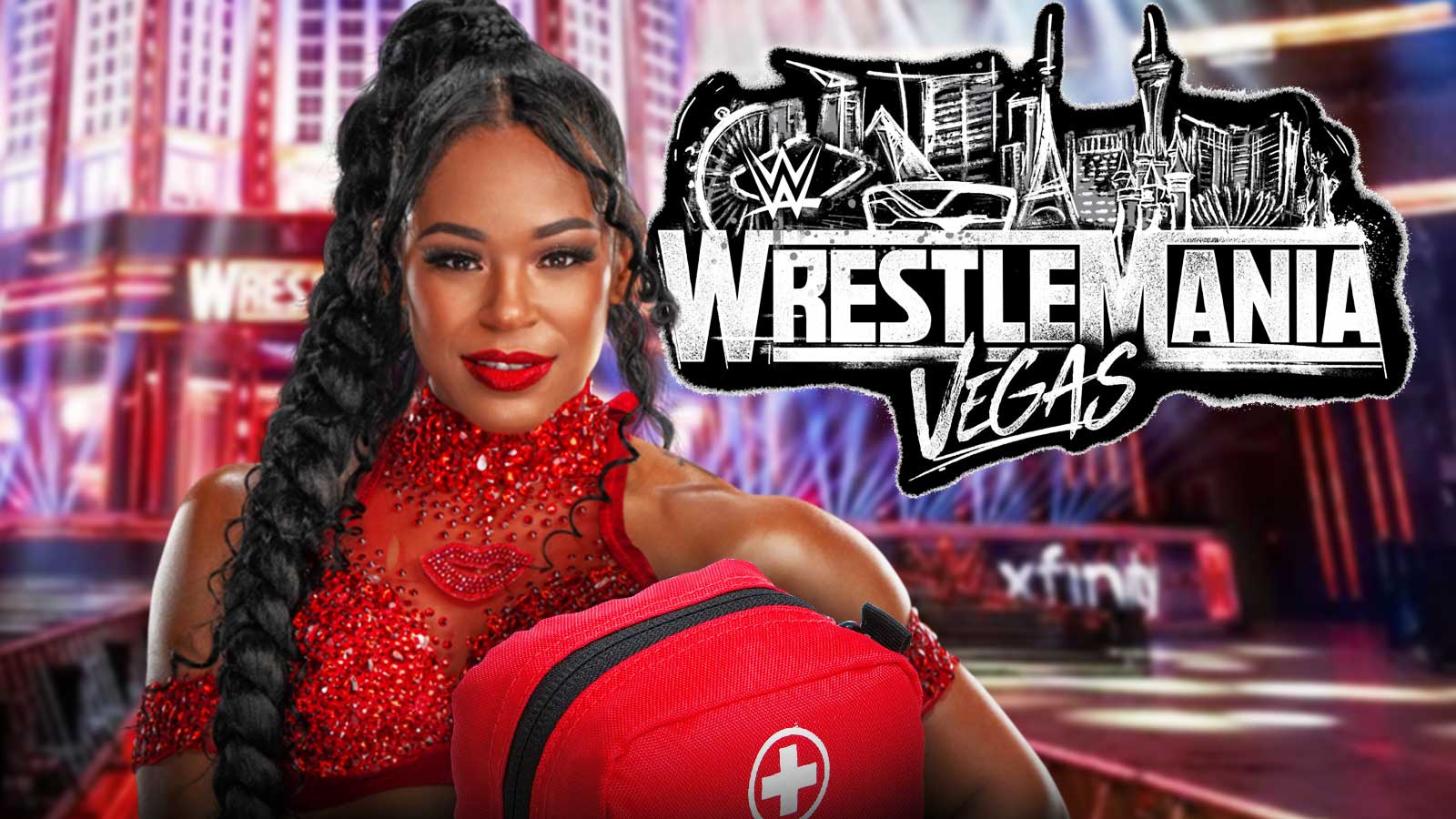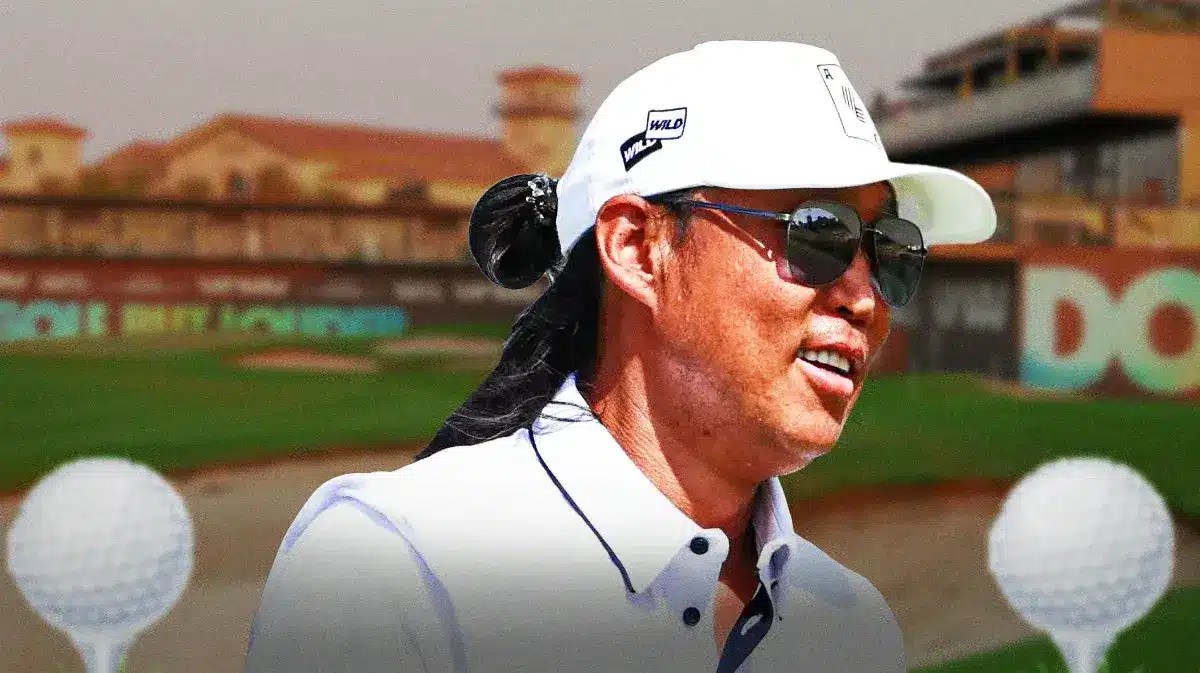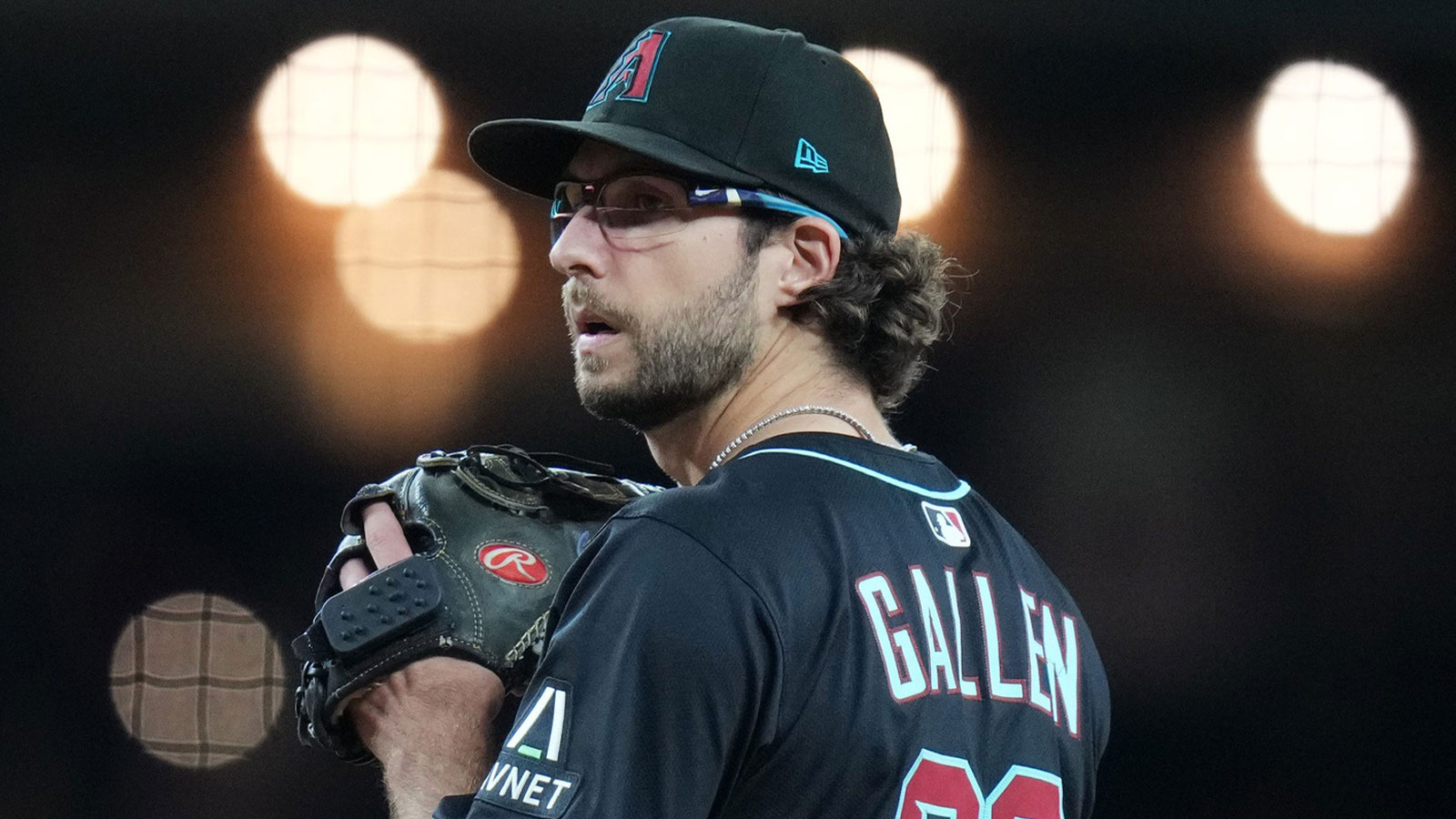Over the last few years, Millennials supposedly killed multiple archaic business models that relied upon previous generations making poorly thought through decisions.
Overpriced food chains, the entire housing market, and whatever else, if something was failing or seeing a decrease in sales, it was the fault of those pesky kids. If the fault wasn't being placed at the feet of the youth of America, they were then demanded to clean up the mess instead.
Recently, Jemele Hill did the latter in a piece rooted with intentions in all the right places. It's a good column, rooted in idealism, calling upon elite black athletes to go to HBCUs instead of the traditional powers.
Why? Because some HBCUs are in financial dire, with the idea of a fiscal boost from athletic departments being enough to solve a myriad of problems in one fell swoop.
There's a lot going on here. However, we don't need to sift through it all, as the foundation for this idea — again, while rooted in a good place — is yet another example of the adults asking the children to clean up other people's messes.
As a paradigm shift in college sports does need to happen, this isn't doing anything other than shifting exploitation of athletes to a new place, under new people. Is the cause noble? Of course. It's still asking the kids to fix other people's problems, though — all while remaining exploited; now just under a new guise. Instead of amateurism ideal, it's also that and now fixing HBCUs. However, we shouldn't be dismissive of Hill's piece, as there are important factual statements made and the overall sentiment is one worth taking to heart.
Removing Hill from the conversation, much of the discussion has since shifted to other areas, all while still ignoring the obvious need for a dramatic shift in how the NCAA operates. On top of that, acting blissfully ignorant as to how certain parties will not allow state-funded HBCUs to succeed over its ‘preferred' state university of choice — and, yes, you should believe that to feel as nefarious as it reads.
The powers that be — the NCAA, states within the country — have previously done nothing to make sure HBCUs were fine. One might think that's a reason for black athletes to rally around those schools, but the uphill battle would take years, if not decades, to help offset the even larger number of years of purposed oppression. Basically, you'd be asking the first few generations of elite black athletes to “eat it” for the good of future generations… maybe. Be the guys pioneering a new system, operating in places with few resources and zero guarantee this plan of action would even work.
For me, who is 100 percent NOT an authority on the matter, asking ‘the kids' to fix something they didn't break, while still being exploited, all in the name of an iffy business plan seems not only extreme, but a combination of disingenuous and dangerous.
Disclosure: The following, while slightly changed, is from a piece I wrote on the HBL for Cox Media Group. All of the words lifted will be italicized for transparency purposes.
HBCUs are on the wrong side of Karl Marx’s theoretical Law of Increasing Poverty.
College money sports are said to comprise a $10 billion-a-year business. That money, however, is not shared evenly. The NCAA and its university members, while claiming to be about mostly everything other than a business, has a great model of capitalism — that only benefits those who already have the money and power.
An ESPN analysis in 2016 found that Power 5 schools made $6 billion in 2014-15, while the Group of 5 conferences accounted for another $2 billion. That $4 billion dip seems extreme until you compare it to the next line in the sand.
The total combined revenues for the Mid-Eastern and Southwestern Athletic Conferences over that same period of time, according to a USA Today database, were roughly $289 million.
Power 5 and Group of 5 schools are operating in the literal billions. HBCUs are in the millions. This has had a huge impact on the state of HBCU sports and academia.
In 2013, Grambling State’s football team went on strike to protest dangerous, dilapidated athletic facilities. It made national headlines — though the anger many felt, especially outside the HBCU bubble, was short lived.
In 2010, without a massive TV deal at its back or the ability to profit off the money sports as major conference programs do, Mississippi Valley State’s football stadium was deemed so unsafe it was temporarily closed.
Moreover, the uphill climb Hill and others are asking athletes to take — again, while remaining exploited — is purposely skewed in a way to prevent them from succeeding.
The governing body of college sports relies on the flawed APR as its educational umbrella system. If a program doesn’t meet a completely made up set of guidelines, it gets penalized.
In 2016, all 23 teams hit with postseason bans for low APR scores belonged to an HBCU. Eight schools were affected in total, two of which are among the 10 poorest schools in Division I. Going slightly deeper in the wormhole, not one of the schools earned more than $14.5 million in revenue in 2015.
For the sake of clarity, no power conference school brought in less than $50 million, and at least 24 others brought in more than $100 million.
While slightly more complicated, it's the haves and the have-nots. If you already have the money and resources — and we're no longer talking about just sportsball — it's easier to properly educate students by way of teachers, material, and every other academia-related want a person might actually inherently need. If the school is already in a tough spot financially, all of those resources for the students are less likely to be available, potentially resulting in the NCAA's INSANELY flawed APR system to be used against those schools, its sports programs and those student-athletes residing within it.
Bluntly put, even if redundant: The ask out of the kids is both huge and not their responsibility. The aforementioned paradigm shift college sports needs will not come by way of athletes being exploited at brand new places. Moreover, this business plan, while noble, is flawed and simply assumes money will flow into schools if elite athletes commit to them, ignoring previous booms in other eras failing other universities that relied upon a similar model.
For fairness, this model has succeeded for some schools over the years. Currently, Liberty is attempting to not only raise money through sportsball, but to whitewash its awful history and the history of those who run it.
Nevertheless, this is word vomit at this point. A far-too-wordy way of asking people in this country to stop demanding the kids fix adult created problems, even if the entity that needs fixing is also a victim in the entire situation.
Instead of doing all of those asks, demanding young people to sacrifice themselves in the name of whatever ideal/notion/business plan/noble effort, how about the adults begin creating adult-driven solutions. In college sports, as well as the money college sports can bring to schools in need of it, the fix remains outside the student-athlete's reach. It's in a complete and massive overhaul of the entire system — one started, broken and corrupted by adults.
Leave the kids alone.
–
Editor's note: This piece was originally written at a now defunct website owned by the author.
Joseph Nardone has been covering college basketball for nearly a decade for various outlets in a variety of ways. You can follow him on Twitter @JosephNardone.



